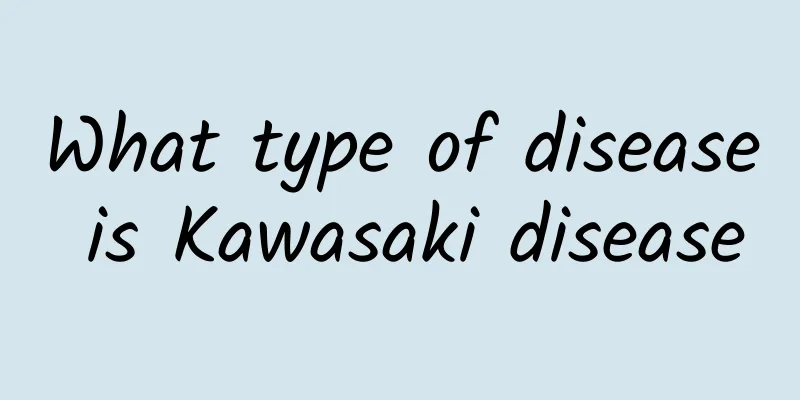The principles of treatment for patent ductus arteriosus in neonates include

|
The treatment principles for patent ductus arteriosus in newborns include close monitoring, drug therapy, and surgical treatment. The specific method is determined according to the severity of the disease and the condition of the child. The goal of treatment is to promote closure of the ductus, avoid complications, and ensure the healthy growth of the child. 1. Close monitoring For mild cases of patent ductus arteriosus, your doctor may recommend regular monitoring to see if the ductus closes naturally. Monitoring may include echocardiograms, electrocardiograms, and the baby's growth and development. If the ductus does not close within a few months of birth or if symptoms develop, further intervention may be needed. 2. Drug treatment Drug treatment is a commonly used non-invasive method suitable for premature infants or infants with mild symptoms. Commonly used drugs include: Indomethacin: Promotes ductal contraction and closure by inhibiting prostaglandin synthesis. Ibuprofen: Its mechanism of action is similar to that of indomethacin, but it has relatively few side effects. Acetaminophen: An alternative medication in some cases, but it is less effective. Drug treatment usually starts within a few days after the birth of the newborn and must be carried out under the guidance of a doctor, with close observation of drug reactions and side effects. 3. Surgical treatment For children who are not responsive to drug treatment or whose condition is severe, surgery is a necessary option. Common surgical methods include: Transcatheter occlusion: The occluder is inserted into the catheter through a minimally invasive method to block blood flow and promote closure. This method is less invasive and has a quick recovery. Thoracotomy: Suitable for children with larger ducts or complex anatomical structures, the ducts can be directly ligated or cut off. Thoracoscopic surgery: A type of minimally invasive surgery with less trauma and faster recovery after surgery. The surgery needs to be selected according to the specific situation of the child, and the heart function and recovery need to be closely monitored after the operation. The treatment of patent ductus arteriosus in newborns requires a personalized plan based on the severity of the disease and the child's condition. Mild cases can be solved through monitoring and drug treatment, while severe cases require timely surgical intervention. Regardless of the method used, parents should actively cooperate to ensure that the child receives timely and effective treatment, avoid complications, and promote healthy growth. |
<<: Is patent ductus arteriosus serious in children?
>>: What are the symptoms of patent ductus arteriosus in newborns?
Recommend
Why does a child keep coughing when sleeping?
If a child keeps coughing while sleeping, it is l...
Does neonatal jaundice require treatment?
Does neonatal jaundice require treatment? Whether...
What can children eat when they have mumps
Children with mumps can relieve symptoms through ...
Can drinking boiled figs cure diarrhea in children? Introducing scientific and effective methods to treat diarrhea in children
In the high-incidence season of children's di...
Can I go to school normally if I have mumps?
Can I go to school normally if I have mumps? 1. P...
What are the methods for examining acute laryngitis in children?
What are the methods for checking acute laryngiti...
How to treat hernia in children? Doctors point out the treatment and care methods of hernia in children
Hernia in children mainly occurs in the inguinal ...
What are the symptoms of baby pneumonia? Four common symptoms of childhood pneumonia
What are the symptoms of baby pneumonia? There ar...
How much does patent ductus arteriosus surgery cost?
The cost of patent ductus arteriosus surgery is u...
Are livestock the source of hand, foot and mouth disease?
The main source of infection for hand, foot and m...
What are the symptoms and dangers of high jaundice?
High jaundice may cause symptoms and hazards such...
What causes hand, foot and mouth disease in adults?
The main causes of hand, foot and mouth disease i...
Can children take cough medicine when they have a cough?
Whether children can take cough suppressants for ...
Drugs for treating diarrhea in children
Pediatric diarrhea is a syndrome caused by multip...
How to treat baby's cough in the middle of the night
If your baby coughs in the middle of the night, i...









